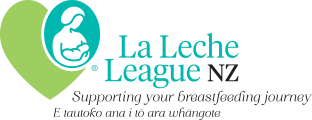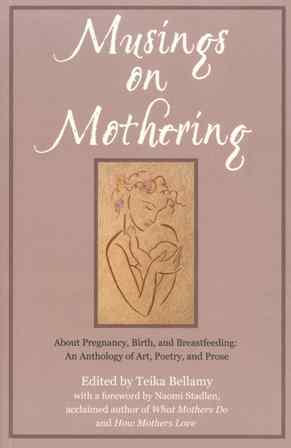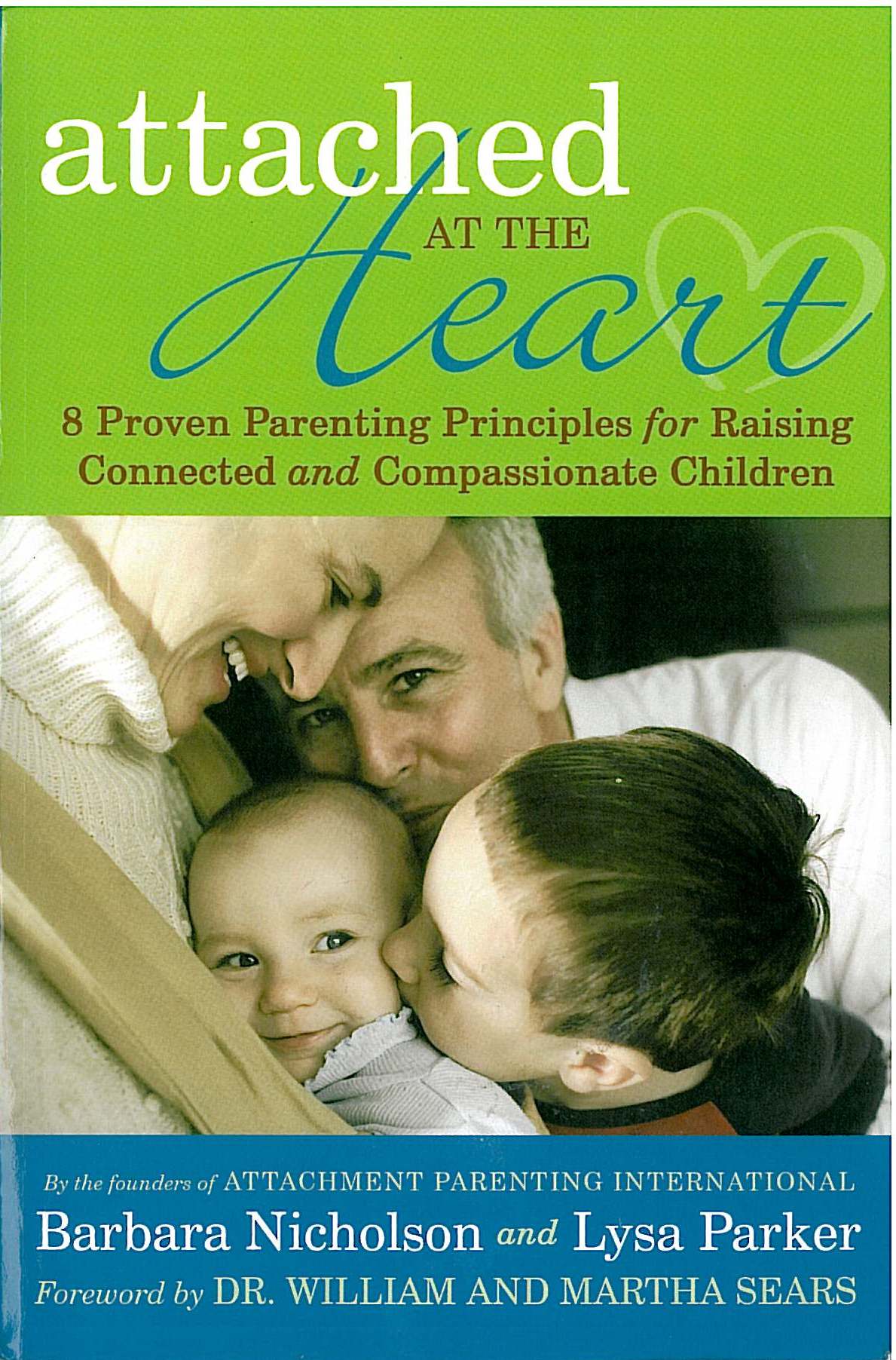Enjoy Your Children While They’re Young
“I frequently have mothers of older children tell me to “enjoy my children while they are young” because they regret that they did not savour the precious moments more. However, I have a very active and busy toddler, and a baby, and while I mostly love spending time with my children, there are moments when I am definitely not enjoying it.
I would love to hear from other women about how they find (or found) ways to enjoy their children. In particular, what were the special moments that mothers of older children remember? What do they wish they had done differently to enjoy it more?” Natasha
Responses
Verity Osborn, Christchurch – I have a little girl who will be three in March and an eight-month-old baby boy. Both are very busy little beings. Our little boy is also just recovering from Whooping Cough so we have had a very intense couple of months. He wakes hourly at night and I am usually very tired and short fused at times. I often feel very guilty that I do not have the energy to give my all to my little girl and I don’t enjoy motherhood sometimes.
I am grateful for the support of my husband and family. I always put my little girl to bed myself and we read stories and tell stories. She also loves to be in the kitchen and as much as it slows the process down sometimes, food needs to be prepared and it’s a great time to chat and share in preparing a family meal. She is always so proud when the meal on the table has been made by her and Mum.
Having more sleep would definitely change the way I handle situations but that will come in time. I think it’s important to be kind to yourself and that these times, as much as they are precious, are often exhausting. You sacrifice a lot and often we don’t take that time to acknowledge the mothers that we are. Simply just being alongside your child is by far the most important thing you can do.
Marcia Bryant, Lyttelton – I only have one son who is now 24, but I’m an early childhood home educator and I wish I had had the skills with him that I have now. Having young children makes for a very busy life – that’s pretty unavoidable, however keeping things very simple can lessen that a little. Battles were what I found the most unpleasant with my son. I don’t do that now!
There are a few things that really help me to keep everything as light and fun as possible like playing games at every opportunity. Wiping sticky fingers? Try counting them in a silly voice. Need a hat to stay on outside? You could sing a song – “Suzy has her hat on today, hat on today, hat on today, Suzy has her hat on today, hip, hip, hip hooray!” and clap (repeat many times – it works!).
My style is firm and very loving. With my son I was a real pushover, but I’ve learnt over the years that children are happier with firm and most importantly consistent boundaries and it makes life much easier for me and them.
If a little one doesn’t want to do something I would like them to do – I pretend I’m an animal or get them to pretend they’re an animal (sometimes animals are more co-operative). For older children I don’t get cross, I just wait until they want something from me and then say “of course, but I need you to pop those toys away first” or if they’re adamant that they’re not going to put the toys away ask them what they will do – “okay, there are three jobs that need doing, which would you like to do?”
I try not to say “No” to anything unless I can offer an alternative. “I’m sorry we can’t go to the swings today, but we can…” or “I know you don’t want to put your boots on but I do need you to put them on now and then you can choose which cardigan baby will wear – blue or yellow.” I think as adults that can help too – if I have my heart set on something that I can’t do or have, it leaves a void of disappointment unless I have something else to think about.
Praising and encouraging makes everybody feel good and I always try to remember that whatever gets attention is guaranteed to be repeated, so it better be something positive! Treating children with respect is very important to me and children are happier for it and learn a huge lesson along the way.
Amanda Riches, Morrinsville – I was told the same thing many times. I don’t have too many regrets but I do wish the time had not gone so fast. I have a 16 month gap between my first two children so I understand how hard it is enjoying your children while they are young. It can be hard to remember when you are only getting a few hours sleep or while your toddler is screaming as you try to rock baby to sleep or having a tantrum because they decide to want a banana just as you sit down to feed the baby. You end up stuck in a rut and seems like it is going to last forever. But it doesn’t, it flies by so fast, and you wake up a year later wondering where the time has gone.
With a young baby and young toddler most of the activities I did with my toddler were solely with the purpose of distracting her and keeping her entertained. We played board games and did crafts and baking while baby was asleep or in a front carry. Walking to the closest park or a picnic in the back yard was the extent of our exploring most days. But once baby was a little older we could go to the pools or spend time trying out new parks and exploring walking tracks with baby in a back carrier. Places that don’t cost to visit are great. My main summer memories are of picnics by a river after exploring the Karangahape gorge tunnel or Wairongamai (part of the Kaimai Ranges) walking tracks. Winter can also be fun. Going to the park in the rain, splashing in puddles, visiting the snow, discovering ice in puddles, dew covered spider webs on an early morning walk, hot pools. The best times I had with my first two were when they were a little older.
Kelly Stratford , Bay of Islands – I have an 11-year-old, a nine-year-old and two-year-old. I can relate to that busy time you are in right now. The things I am very aware of now and think – ‘wow did I do this with the older ones?’ (Probably not as it was pretty hectic!) …is making time each day to listen to them actively. Asking “what was the best thing you did today” is okay for my older two, but for my two year old when he’s trying to get me to play with him, I stop what I’m doing (though not every time) and play with him because that is a toddler’s favourite time of the day. It’s okay if you don’t get to do that all the time! But if you can, it can be enjoyable for yourself and you will remember it when they are grown.
Anne Devereux, Dunedin – What was it like for me when our children were young? We did not have a camera for many years so I am eternally grateful to my late mother who was very shutter-happy. Because of her, we do have photos of our babies when they were small. This must seem strange to parents in this advanced technological age but both films and cameras were costly. The other strange thing is that when one is living within a busy family, one always presumes that memories will remain strong!
The precious moments were always there but they did not have to be ‘formal’. I would hate to think that mothers feel they ‘must’ do things all the time with their children when it is really having their mothers as a presence that is most important. Reality dictates certain things to keep the show on the road at home – laundry, meals, shopping, school things, visiting grandparents. That is a reality that can be woven into our mothering by doing things together. Our kitchen was always a focus for the children who did not like playing away from me so I had a large bottom drawer filled with toys which they could play with while I was preparing meals. They were also able to ‘help’ as they grew older – pegging up the washing and mopping the floor with their tiny mops. To our children they were precious times that they still talk about. Yes, we did do other things like going to the park and playground, the swimming pool and museums but the day-to-day adventures which could include an impromptu lunch picnic under the kitchen table on a wet day, planting out vegetables and feeding the cats and hens were important parts of their lives.
What do I regret most? I WISH that I had kept diaries not just of what I hoped to achieve and things I had to do each day but of what was actually happening – something funny that occurred, an unexpected visitor, a new word that the baby tried, the first steps, who we went to visit etc. This has been brought home to me by our grandchildren who as they grow older want to know more and more about their parents as children, what they did growing up, and who their friends were at school.
Did I always enjoy my mothering time? No. Certainly there were times when I was challenged by frustration at not getting things done, boredom at cleaning up yet another mess of toys or having to think of another meal, shock when dealing with a son who loved fires (!) but through it all was the knowledge that our babies and growing children were as healthy as possible, were greatly loved (and were told even when I felt least like saying it!) and enjoyed each other, their extended family and friends. I had to school myself to leave things undone on many occasions and just go out with the children to feed the ducks or walk on the beach. Work was always waiting when we came back home but somehow the adventure cheered everyone up.
When I talk with friends of my age about their memories of growing up, it is not the ‘big’ things that they remember but the incidentals like mother always being available, the smell of things cooking when they came in from school and the open-door policy that allowed them to bring their friends to the house. Those are the precious things.
Being a mother is a demanding calling in life and greatly undervalued by our society although many pay lip service to the needs of children. Just being you Natasha is the greatest gift you can give your children and your love and gentle parenting will be what prepares them to deal with the world as they grow older.
Janet Wilson, Papakura – I too found there were many times when it all became too much! Looking back I think I could have let go of a bit more housework, let the children play in paint more often, cancel more engagements that weren’t ‘child friendly’, reached out for more help and spent more time with people who were parenting like me. The reality for me was that it WAS hard some days. My best friends were the ones I could offload to, and they would say “It’s okay, it’s another stage, you are doing a great job!” Now with seven years of parenting under my belt I realise that, unless you are blessed with a ‘tribe’, a village style of living, then most of us struggle!
It was not so much a case of ‘having me time’ or ‘someone taking the children’, and I felt it was my privilege to be able to nourish my children with breastfeeding so someone else feeding the baby wouldn’t have helped me at all! I felt it was my choice to be their mother, but it was all the extraneous stuff that piles up that got me down.
We took lots of photos so we can look back on the special moments that we didn’t notice so much when they were happening! If you can find things to laugh about that helps. Dance more to loud music. Play in the rain. Read more stories. Get into the garden – to dig stuff up! This too shall pass.


